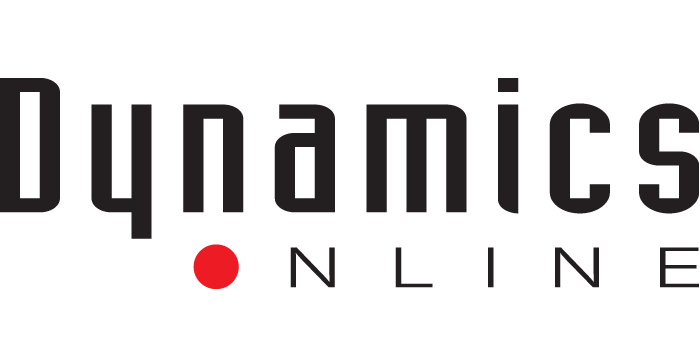Online Advertising – CPC for You and Me
Cost-per-click bidding is the core of online advertising. It offers a way to set defined budgets for your ad spend and measure customer engagement in ways previously unimaginable.
Leveling the Playing Field
 The easiest way to understand cost-per-click (CPC) bidding is to picture an auction that happens in a microsecond. On a Google search results page, there are eight spaces for ads – the top spaces go to the highest bidder.
The easiest way to understand cost-per-click (CPC) bidding is to picture an auction that happens in a microsecond. On a Google search results page, there are eight spaces for ads – the top spaces go to the highest bidder.
Let’s say you have a small business that sells soda (or “pop” as we like to refer to it around here). You want your ads to show up every time someone does a web search for “cherry soda”, but you’ve got competition. Big competition. In the early days of CPC, bid price was the only factor that determined whose ads showed to the potential customer. When that was the case, there was a hard reality to face: Coca-Cola was going to beat you every time.
Realizing that this gave companies with a larger budget an unfair advantage, in 2005 Google introduced Quality Score into its ad ranking algorithm. Now, bid price is just one of several factors that determine whether or not your ad is shown. The other factors include keyword relevance, ad relevance, click-through rate, and more. (I’ll delve into Quality Score in my next post). Now the playing field has been leveled.
The brilliant principle behind all of this is right in the title – you only pay when someone clicks. Think about that: if your ad runs for a month and no one clicks on it, you don’t pay a thing! (Though you should probably consider making some better ads).
How to Set Your Daily Ad Spend
This is where setting a defined budget comes in. Let’s say you set a budget of $300 per month, which comes out to $10 per day. When setting up your campaign, you enter in something called a Max CPC. If you set a Max CPC of $2, you will be able to receive up to 5 full-price clicks a day, if that’s what it takes to win every auction you take part in. However, if you set a Max CPC of $8 and you win an auction at that price, one click will use up the majority of your daily budget and Google will stop running your ads for that day. Bummer.
The good news, however, is that rarely will you pay the full Max CPC. When the microsecond auction takes place, your Max CPC is merely a factor in the equation of winning, along with your Quality Score. If you win the auction, your actual CPC paid will only be that of the 2nd place bidder. In this way, you’re able to receive more clicks within your budget.
Analyzing Your Ad Performance
Amazingly, you can watch the stats for all of this action throughout the day simply by refreshing the browser on the AdWords interface. It’s not unlike being on the floor of the stock exchange. In order to get a balanced picture, however, it’s good to look at your results in increments of weeks or months. Here at Dynamics Online, we like to produce monthly reports to analyze keyword performance and actual CPC for every campaign. In this way, we are able to determine if changes need to be made in order to raise Quality Score and determine if the campaign is performing as well as it can within a client’s budget.
If you want to learn more or have me explain it in person, I would love to hear from you today at 216-292-4410. Or you can email me (that’s a link). Happy bidding.
Anthony Mahramus is the Internet Marketing Strategist at Dynamics Online.
You can reach him by calling (216) 292-4410.



